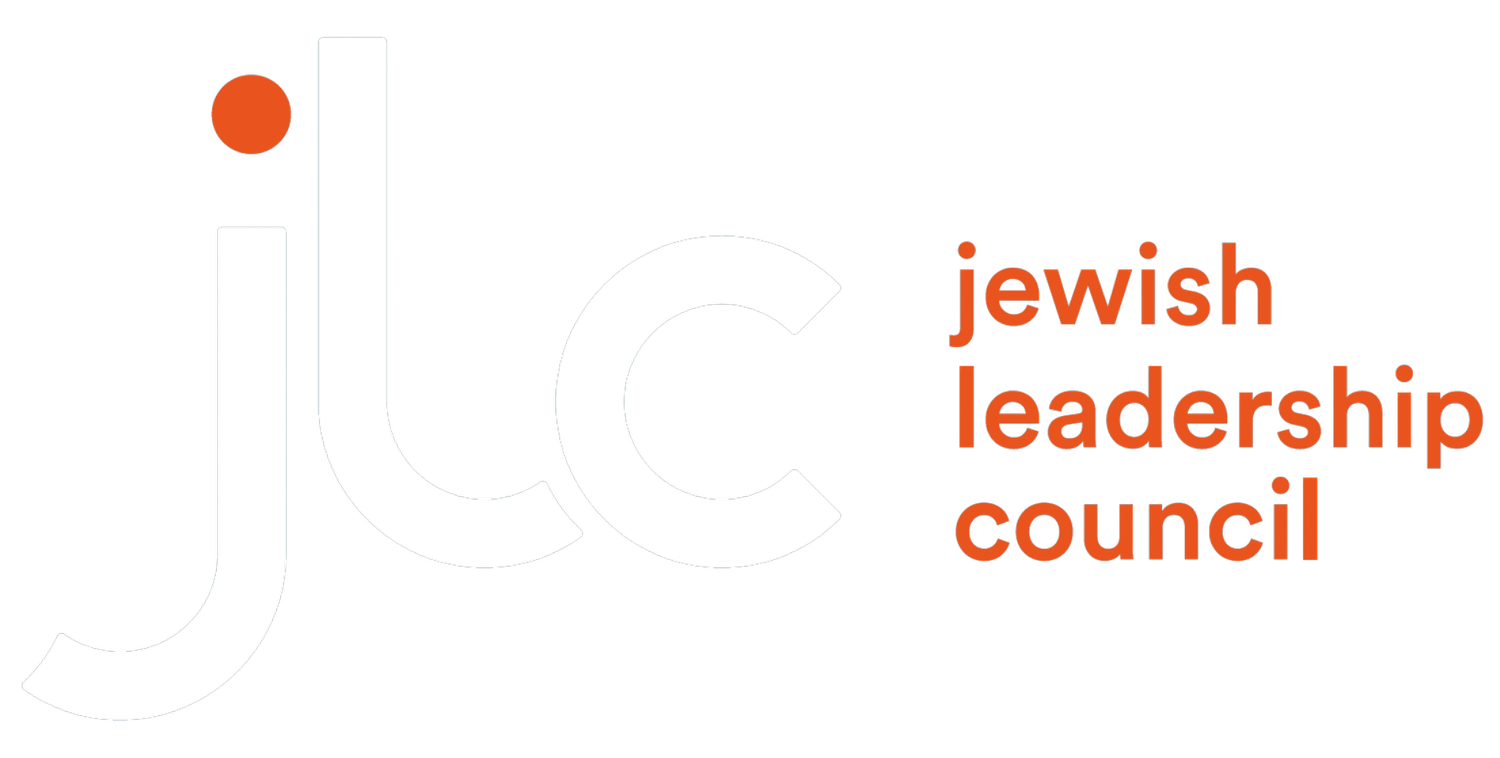Election Result & King’s Speech Recap
By Guy Dabby-Joory, JLC Public Affairs Officer
At the general election, Sir Keir Starmer’s Labour Party achieved a historic majority of 174 and have now formed a government. Meanwhile, Rishi Sunak’s Conservatives fell to their lowest seat total since their formation in 1835, with a number of high-profile Conservative MPs losing their seats. This election also saw successes for anti-Israel independent candidates, and small parties from left and right. At least thirteen Jewish MPs have been elected, including new MPs Sarah Sackman and Georgia Gould, who have been made ministers in the new government.
Upon his election, Starmer formed a new government, swiftly appointing a new cabinet which almost identically mirrored his shadow cabinet from opposition. There was, however, more churn with junior ministerial roles. The King’s Speech, which announces the government’s legislative agenda, stuck closely to manifesto commitments, and promised over 35 pieces of legislation in the upcoming parliamentary session. Bills of particular interest to the Jewish community include the Holocaust Memorial Bill and the Terrorism (Protection of Premises) Bill, or ‘Martyn’s Law’.
Across Barnet, Labour celebrated gains from the Conservatives, including majorities for Dan Tomlinson in Chipping Barnet and for Sarah Sackman in Finchley & Golders Green. In Hendon, Labour's David Pinto-Duschinsky gained the seat by just 15 votes. Labour also gained seats in Altrincham & Sale West and Bury South, where incumbent MP Christian Wakeford gained a seat from the Conservatives, having defected to Labour in 2022. Oliver Dowden retained his seat in Hertsmere, yet his majority in the previously safe Conservative seat was reduced to 7,992 votes.
Jewish MP Fabian Hamilton (Labour) held his seat of Leeds North East on a slightly reduced majority. Labour's Blair McDougall gained East Renfrewshire, which has a large Jewish population, from the SNP. This mirrored trends across Scotland, with the SNP reduced to just a handful of seats. Finally, the Conservatives held seats on the outskirts of London, including Harrow East (represented by Bob Blackman), Epping Forest, and Ruislip, Northwood & Pinner. Iain Duncan Smith (Conservative) held his seat of Chingford & Wood Green with independent Faiza Shaheen reducing Labour's vote share.
One of the surprises of election night came from better results than expected for anti-Israel independent candidates, often challenging incumbent Labour MPs. Shadow Paymaster General Jonathan Ashworth (Labour) was unseated by Shockat Adam who declared that his victory in Leicester South "is for people of Gaza". Jeremy Corbyn held his seat of Islington North as an independent, defeating Labour candidate Praful Nargund by a large margin. Victories also came for anti-Israel independents Ayoub Khan in Birmingham Perry Barr, Adnan Hussain in Blackburn, and Iqbal Mohamed in Dewsbury & Batley.
Reform UK gained five seats, including for Nigel Farage, Richard Tice, and Lee Anderson. The Green Party also gained four seats, including for their co-leaders Adrian Ramsay and Carla Denyer.
Having been asked to form a government in the morning of Friday 5th July, Starmer appointed much of his cabinet by that same afternoon, with new ministers invited to Downing Street in front of the press. With only a few exceptions, the new cabinet is the same as the Labour Party’s shadow cabinet before the election, although there have been more changes within the junior ministerial ranks. Some of these ministerial appointments are of note, with some new ministers including Baron (James) Timpson, Baroness (Jacqui) Smith, Baron (Richard) Hermer, and Baron (Patrick) Vallance recruited from outside of Parliament.
The Institute for Government notes that Starmer’s cabinet has the most women in history, and that 92% of ministers were educated at comprehensive schools. Moreover, the continuity between shadow cabinet and cabinet allows the new ministers to build on their experience shadowing their department while in opposition. This continuity also allows civil servants to more effectively use ‘access talks’ from before the election which set out the new ministers’ priorities for government.
To begin the parliamentary session, a King’s Speech was delivered on Wednesday 17th July. Much of the speech mirrored Starmer’s rhetoric when he took office, including a pledge that the government “will govern in service to the country”, and that its “legislative programme will be mission led and based upon the principles of security, fairness and opportunity for all.” It included over 35 bills, broadly drawn from Labour’s manifesto in the general election.
This legislation included:
English Devolution Bill, which will increase devolution to English local government
Holocaust Memorial Bill, which will allow the construction of a Holocaust memorial and learning centre in Victoria Tower Gardens
Crime and Policing Bill, which will increase policing standards and provision and aims to halve violence against women and girls
Children’s Wellbeing Bill, which will increase standards in education and promote children’s wellbeing
Mental Health Bill, which will reform the Mental Health Act 1983, increasing patients’ power to make decisions about their care
Draft Conversions Practices Bill, which will outlaw gay and trans conversion therapy
Draft Equality (Race and Disability) Bill, which will tackle wage inequality for ethnic minority and disabled people
House of Lords (Hereditary Peers) Bill, which will remove the 92 hereditary peers in the House of Lords
Terrorism (Protection of Premises) Bill, also known as Martyn’s Law, which will improve premises’ readiness for a terrorist attack and make them less likely to be perpetrated
The King’s Speech will now be debated in the House of Commons until Tuesday, when a vote will take place on the ‘humble address’. This vote is expected to pass unamended and overwhelmingly due to Labour’s parliamentary majority.
